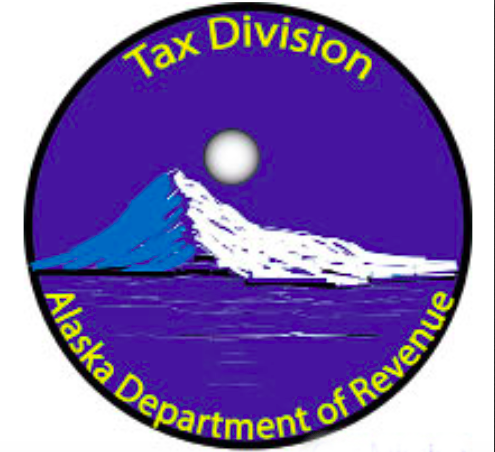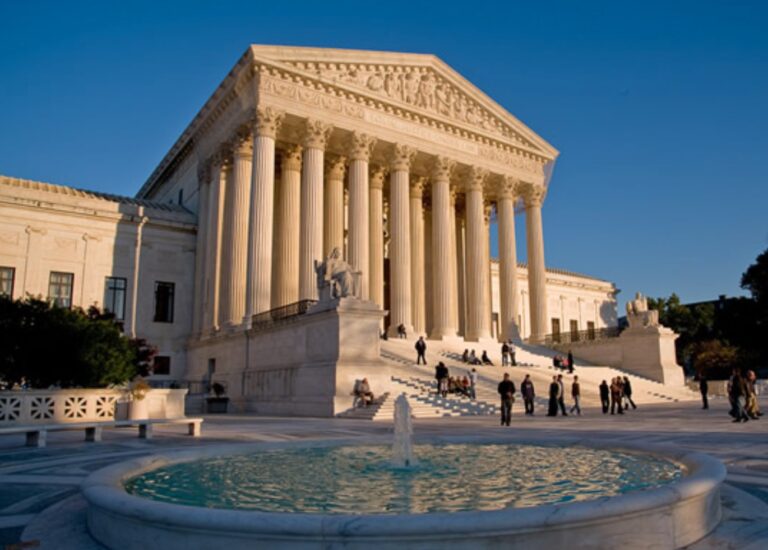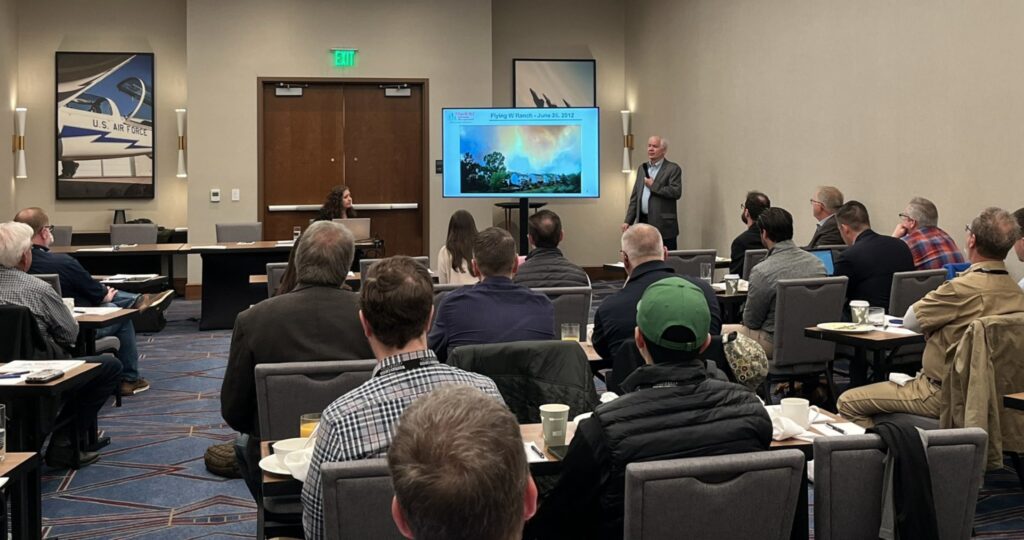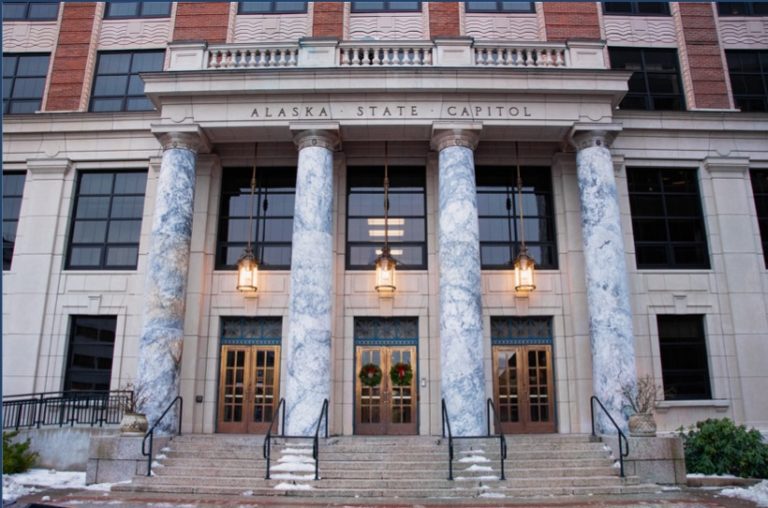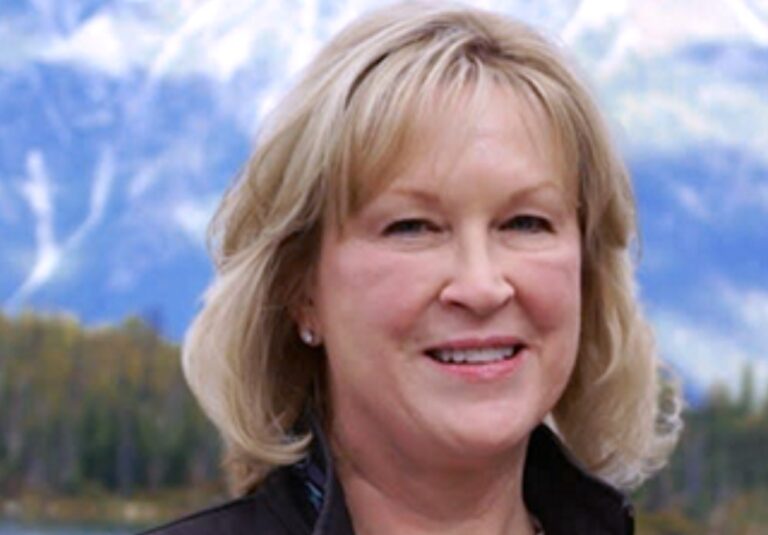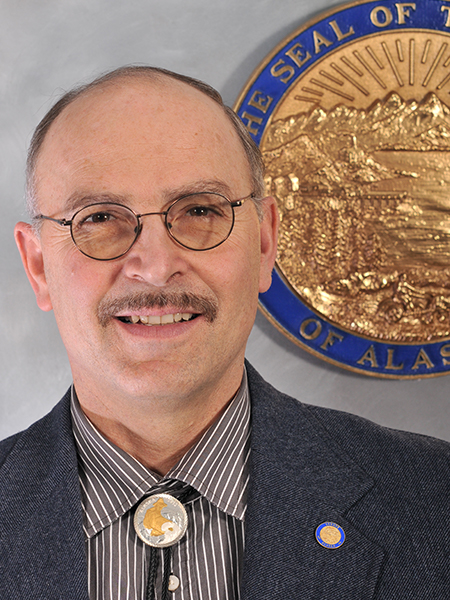With the state facing a sharp drop in oil revenue forecasts, Alaska Gov. Mike Dunleavy has asked legislative leaders to eliminate all but two of his proposed budget amendments for fiscal year 2026, as he prioritizes essential state needs over discretionary spending.
In a letter sent to House and Senate Finance Committee chairs, Dunleavy spoke to the fiscal urgency driven by declining oil prices. “We should only be focused on the most critical items to preserve our reduced cash flows and liquid reserves in this lower price environment,” he wrote.
The governor’s request leaves just two amendments on the table: capitalizations for the Disaster Relief Fund and the Fire Suppression Fund. He emphasized the need for these funds to maintain “operational integrity” and ensure readiness for natural disasters and wildfires statewide.
Alaska’s state budget relies on the most recent revenue forecast from the Department of Revenue. The FY 2024 budget was supported by an average Alaska North Slope oil price of over $85 per barrel. FY2025 projections were lowered to $78. But the department’s Spring 2025 forecast, released a few weeks ago, projects an FY2026 average of just $68 per barrel — a roughly 20% decline from the prior estimate. Right now, the price of North Slope crude is $65.53 per barrel.
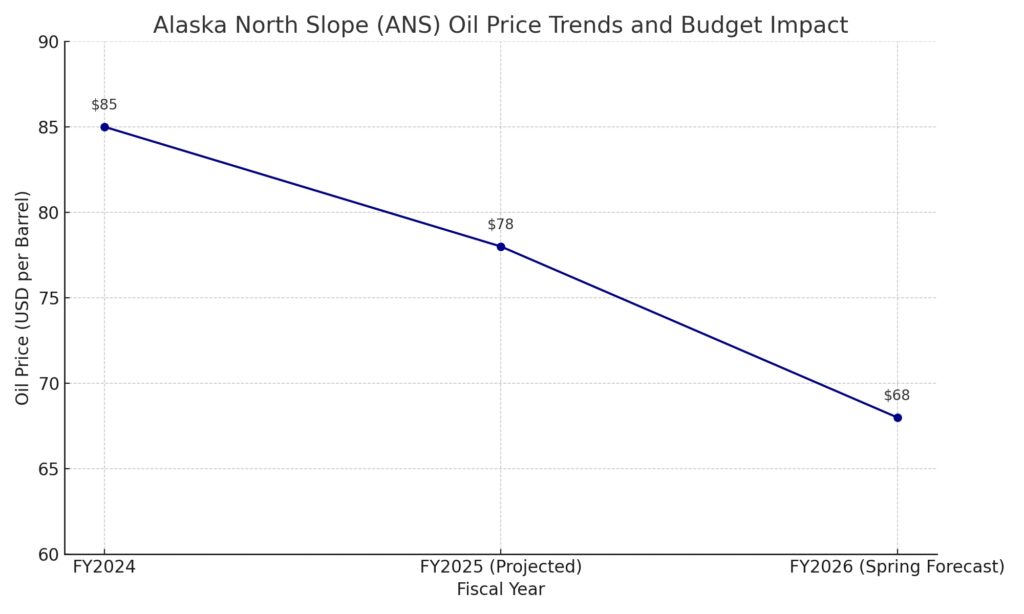
That drop represents a loss of hundreds of millions of dollars in expected revenue. Dunleavy noted that recent decisions by the Organization of the Petroleum Exporting Countries to increase supply suggest prices may remain depressed in the near future.
“In this environment, we must separate our needs from our wants,” Dunleavy stated. He also pointed to ongoing uncertainty about future oil prices and federal funding levels, cautioning that the state must prepare for further volatility.
By withdrawing his other budget amendments, Dunleavy is seeking to reduce new spending commitments and safeguard Alaska’s limited financial reserves. His pared-down proposal puts the onus on lawmakers to keep the budget lean as they enter the final stretch of the legislative session.
Lawmakers in the House and Senate are dominated by Democrats and their enablers, and they may ignore the governor and challenge him to veto his own amendments, which he will likely do without political penalty, since he is term-limited.


